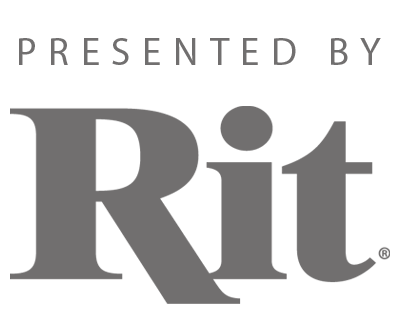
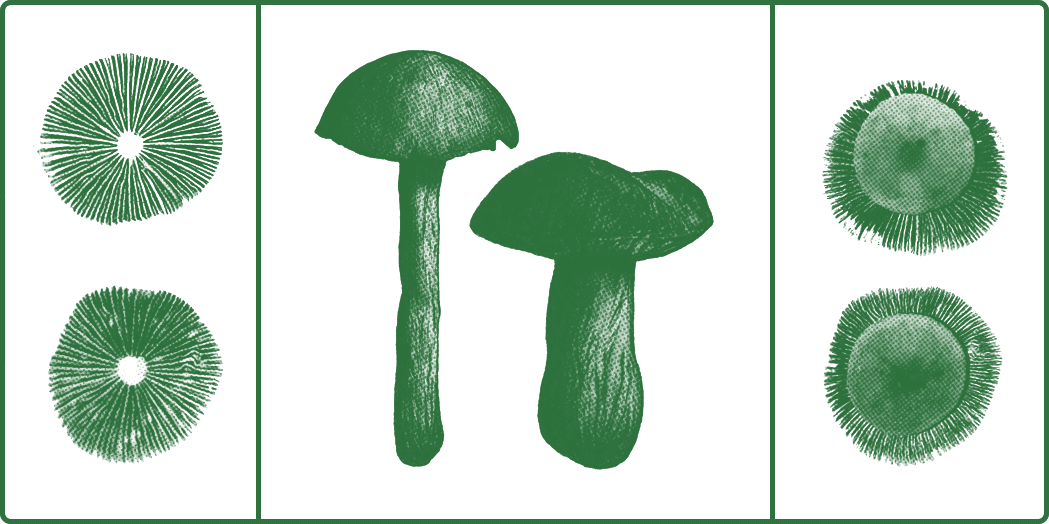
When magical mushrooms are medicine
All photos by Paul Stamets
There’s far more to mushrooms than savory flavor, nutritious benefits aside. Mycologist, author and medical researcher Paul Stamets and Professor of Psychedelics and Consciousness Research at Johns Hopkins University School of Medicine, Matthew W. Johnson, PhD., know quite a bit about fungi and are pretty fun guys themselves. From discovering new species to conducting breakthrough research on the effects of psychedelics in therapeutic science. That and a bunch of other things. Including Star Trek. This one is going to take some focus, the sounding-out of words and will likely be followed by an array of existential questions. Mushrooms aren’t just for hippies, but for the intellectually curious. We’ll let Paul and Matt take it from here.
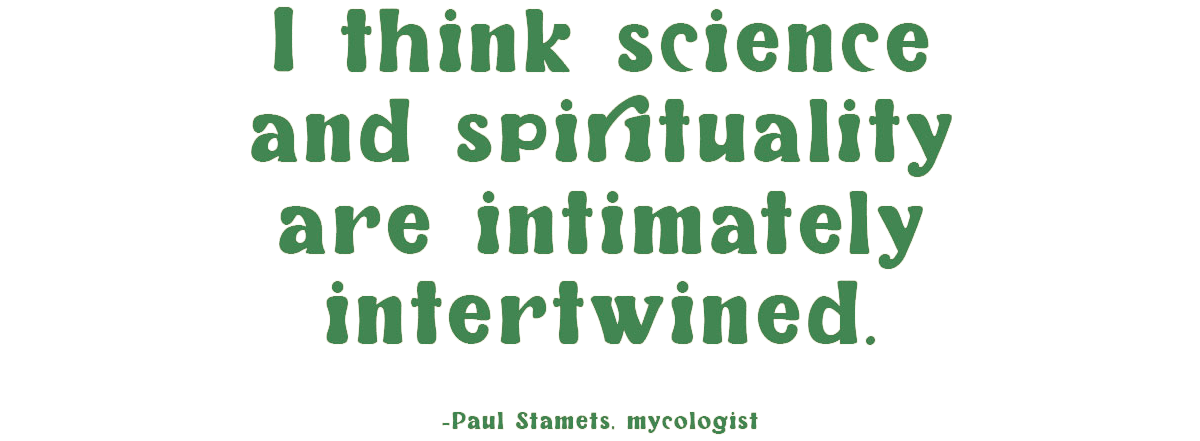
Matthew Johnson: Much debate exists over microdosing1, with the few blinded clinical studies to date showing either no effect or slight impairment (inability to accurately perceive time), while there are anecdotal claims of many benefits. The caveat is that the studies that have probed for positive effects to date have not administered microdoses in the extended pattern that microdosing enthusiasts typically use. You have been on record as holding that many of the claimed benefits of microdosing are real pharmacological effects. Among these, what do you think are the most promising or likely to hold up to rigorous double-blind clinical research? What are the potential negative effects?
Paul Stamets: Microdosing with psilocybin2 mushrooms shows great promise. We have found that combining an extract of Lion’s Mane (Hericium Erinaceus) mushroom mycelium3, a delicious edible mushroom species, with niacin (the flushing form of B3, nicotinic acid) and psilocin, in vitro4, massively increases the expression of NGF (nerve growth factor), and surprisingly engages a vast array of neurological networks—whole brain involvement from the hippocampus5 through to the central nervous system. This is quite remarkable and has implications for helping resolve many neuropathies6 associated with age, diseases or toxins.
We have two soon-to-be-published papers based on our survey of microdosers in contrast to non-microdosers, from those participating in our Microdose.me app. Stay tuned. This study will be helpful in informing researchers on future paths in designing clinical studies.
Matthew Johnson: All of the clinical research relevant to psilocybin-containing mushrooms has been with psilocybin itself. What are your thoughts on the clinical potential of the various minor alkaloids7 or other constituents in these various species of mushrooms?
Paul Stamets: We have evidence that psilocybin analogs8—including baeocystin, norbaeocystin, and norpsilocin—stimulate growth of neurons, and the combination of these analogs synergistically increases neurogeneration9. Moreover, they activate MAPk (proteins) that code for the stimulation of NGF (nerve growth factors).
Psilocybin mushrooms may prove to be not only a reservoir for new therapeutic and neurologically beneficial compounds, but variations and derivatives of these compounds could lead to potent new medicines. We have found some of these analogs to have strong neuro anti-inflammatory properties, stimulating IL-10 and IL-1ra, two cytokines that downregulate inflammation. The combination of these analogs offers us a unique combination of medicines—neuroregeneration coupled with neuro anti-inflammation.
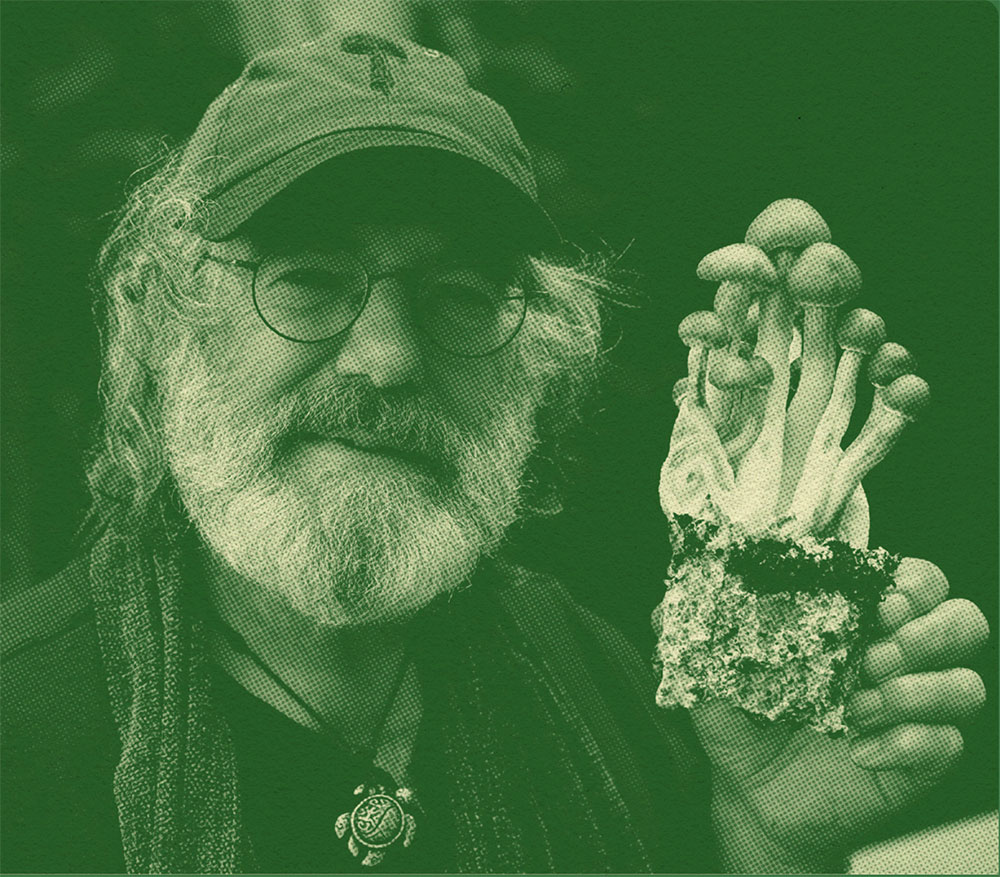
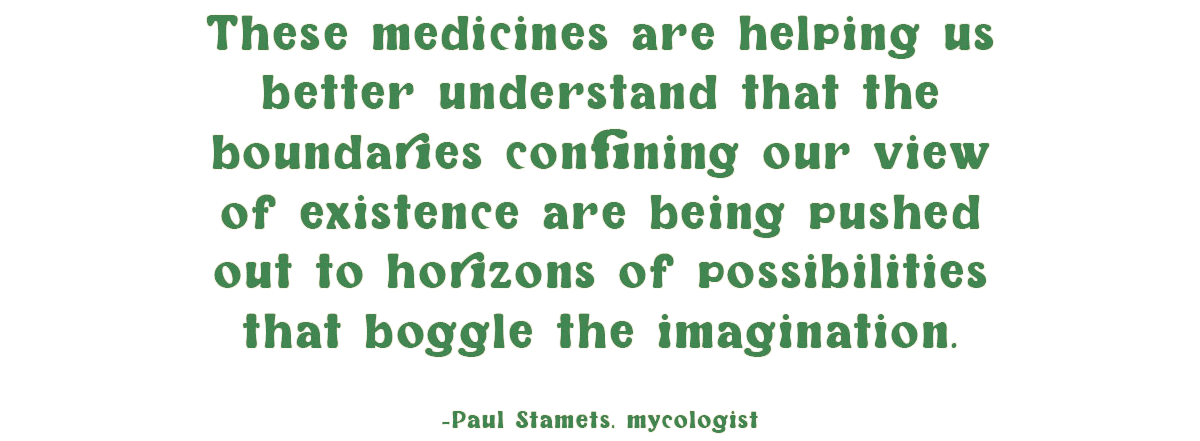
MJ: Overall, if you had to choose, do you think the therapeutic and generally positive psychological effects are more promising with regard to traditional psychedelic therapy (i.e., using a small number of heroic doses10) or with microdosing?
PS: Good question. My opinion is that the experiences the heroic doses provide, with good set and setting, aided by seasoned therapists, and with preparation before journeying, are key for resolving trauma. Microdosing subsequently “rekindles” those pathways and helps to sustain the benefits. Also, how many neurons regrow over six hours compared to several months? In a sense, a macrodose10 sets the stage, I think, for rebooting the nervous system, and then microdosing—especially with the added benefits of Lion’s Mane and niacin—nourishes those neurons for sustained neurogeneration.
If this is proved to be true via controlled clinical studies, this could be a huge breakthrough in medicine for
not only anxiety, depression and PTSD, but for traumatic brain injury, Alzheimer’s, Parkinson’s, ALS, MS, dementia, and also for increasing or preserving your baseline intelligence. Ultimately, we become better, smarter, more agile people.
MJ: What are your thoughts on the ability of psilocybin and other classic psychedelics regarding the various concepts under the name “consciousness?” This includes distinct concepts like self-awareness and access consciousness, but also the source of the so-called hard problem of consciousness—phenomenal consciousness (the notion of subjectivity itself, or that there is an experience at all).
PS: I like the concept often repeated by many experts that these are “consciousness expanding” medicines. It is ironic that the very consciousness that articulates this question involves our consciousness to reply. We are deep in the middle of this question. What I have a keen sense of is that reality is far greater than the narrow perception of “normal consciousness.” I think these medicines are helping us better understand that the boundaries confining our view of existence are being pushed out to horizons of possibilities that boggle the imagination.
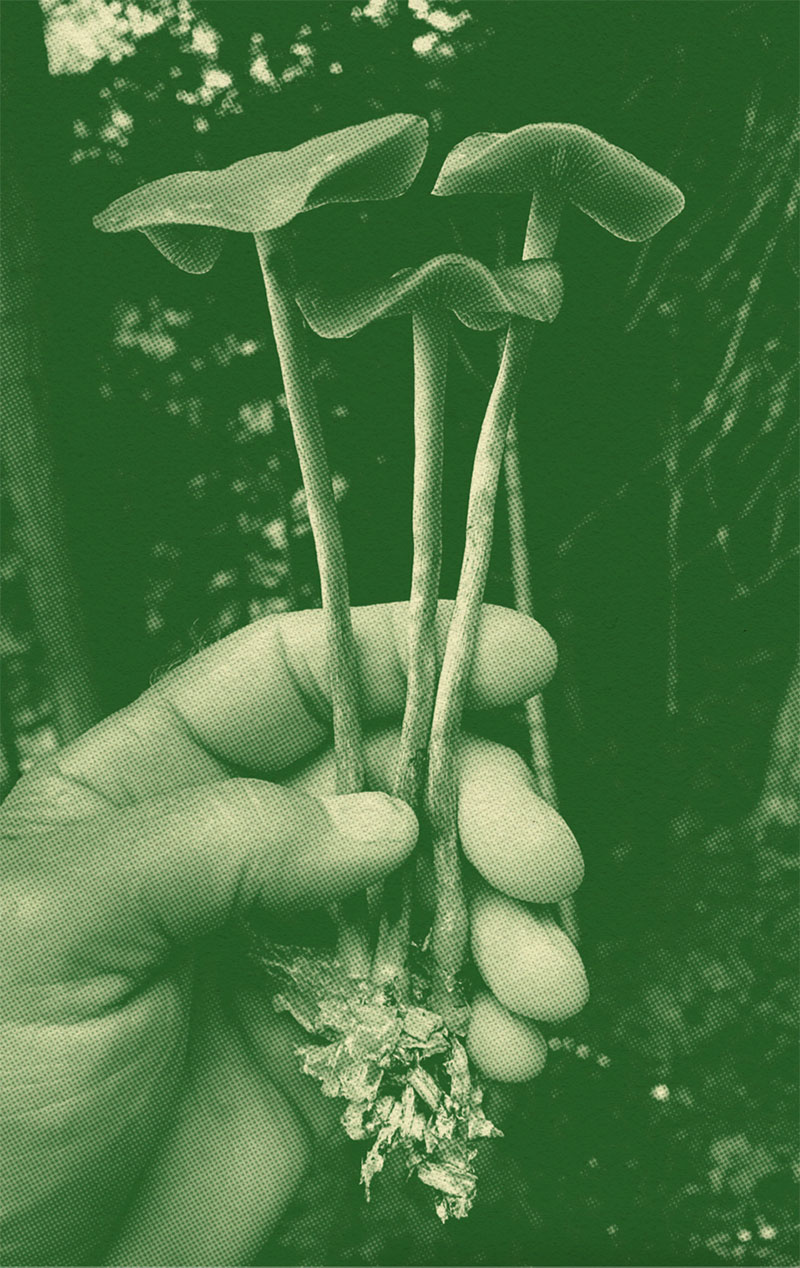
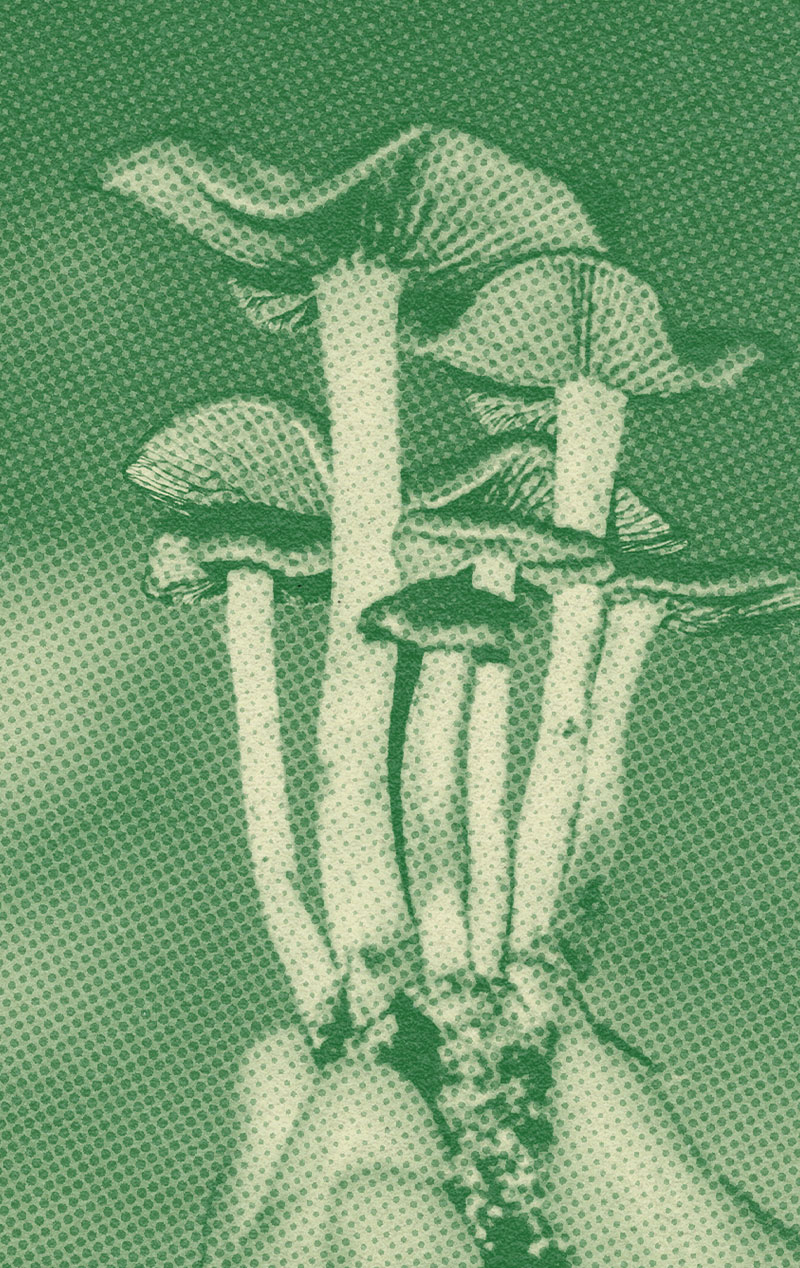
MJ: You’re known for extremely innovative work with fungi in general, such as their use to restore and preserve the environment. Do you have any thoughts on potential connections between such pro-social applications, and the use of psilocybin toward positive psychological (or spiritual) ends?
PS: From my first journeys with psilocybin mushrooms, I get the same message. “The Earth is in trouble. Don’t you see? You can make a difference. Nature is abounding in its love for life. Nature supports you. Don’t forget. Don’t be derelict in your duties as an Earth citizen. Join with the community of Life. We need you. You can help.” I hear this urgent message loud and clear, again and again, and feel like we are on an “all hands on deck” moment to help this Earth towards a more life-friendly future for the commons. This has made me passionate about using fungi for healing ecosystems.
We have created a new non-profit: The Center for Ecological Consciousness (hats off to Ralph Metzner, author of Ecology of Consciousness) which is a play on both the ecology of consciousness and the consciousness of ecology. This is where I hope my financial assets will mostly go, so we can help other eco-warriors as they pursue these dreams. But we must be practical. We must be profitable to afford to be charitable so that charity is sustainable. I think and act on this constantly. I am constantly trying to be a better Earth citizen. I think science and spirituality are intimately intertwined. This gives me strength to move forward.
MJ: You are a great example of someone who has established himself as a world scientific expert without going through the traditional academic path (e.g., terminal degree, postdoc, university track). Can you provide thoughts for aspiring scientists as to when a path such as yours might be preferable to a more traditional one?
PS: One of my greatest mentors, Dr. Alexander Smith (one of the founding fathers of mycology, the author of several Psilocybe species and a monograph on the genus Psilocybe), knew that my interest in psilocybin mushrooms was putting me at the epicenter of the wrath and scorn of many other scientists. He said “Paul—you will be damned if you do, and damned if you don’t, so do it, and be damned by those who are not educated enough to understand. Your voice in this subject is important.” Alex was a witty, wise and kind man. When I was 24 years old, I could not afford to support my family and go to graduate school. So, I created a scientific supply company focused on mycology. I struggled to survive, answering phones, packing orders, conducting workshops, and co-creating the MycoMedia conferences that focused on gourmet, medicinal and magic mushrooms. Only through the grace and generosity of many others, I survived.
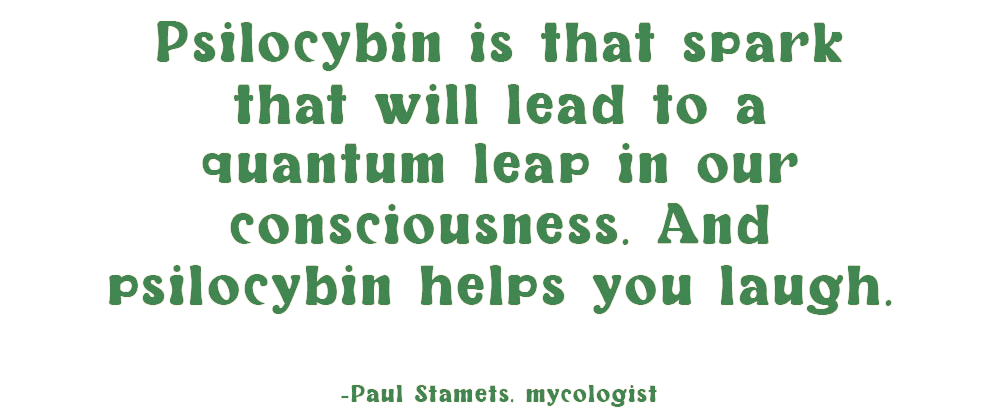
The lessons I learned through decades of struggling with occasional (~once a year~) journeying with psilocybin have informed my worldview and have given me courage to this day to move forward. This is a shared journey. This is a path. I chose to listen to that inner voice that I hear from my psilocybin mushroom experiences. So, my advice to anyone is to follow your heart and passion, to share your knowledge and know that most people are fundamentally good. And those who are not, they—particularly—need these medicines. Psilocybin can morph a person into a better, more compassionate, more intelligent being. As I told Michael Pollan, they can fundamentally change your mind.
MJ: As a Trekkie, I have to point out for readers that you have the distinction of having a Star Trek character named in your honor, and having influenced the inclusion of not only mycelium but even psilocybin in the canon of the Star Trek universe. What are your thoughts on science fiction in the inspiration and development of real-world science, including psychedelic science?
PS: The ethos of Star Trek—tolerance of diversity, protecting and respecting indigenous cultures, working for the commons—are so psilocybin-mushroom-experience aligned. Star Trek pushed the envelope of exploring energy fields beyond the ken of science and through the boundaries of existence. Science fiction precedes science fact. Our imaginations lead to creativity. Psilocybin is a mother molecule of invention. We are at a critical time where we need greater intelligence to protect our species and all species that we influence. We are at the dawn of becoming a new species.
Look, we wouldn’t call ourselves mycologists over at Whalebone. Sure we have a few fancy departments that come around when we need them, but not so sure we’re qualified to use all the big fancy words you’ll be reading here shortly. Matt and Paul on the other hand, they’re what you might call geniuses. So here’s a little mushroom-science-for-dummies glossary to help make sense of their conversation. No need to dust off the Merriam-Webster.
1. MICRODOSE: Taking a small amount of hallucinogenic drugs, where you still experience
the physiological effect and benefit, but avoid the expected psychoactive effects.
2. PSILOCYBIN + PSILOCIN: The hallucinogenic alkaloids found in magic mushrooms. Also explains the hallucinations.
3. MYCELIUM: The part of fungus that is vegetative, that lives underground and looks like a bunch of threads. Similar to roots of a regular plant but not because fungus.
4. IN VITRO: When something is made in a test tube. Like Mini-Me from Austin Powers.
5. HIPPOCAMPUS: Not the band, but ridges in the brain that are the center of memory and emotion in the nervous system.
6. NEUROPATHY: Damage or disease to your nerves.
7. ALKALOID: A nitrogenous compound found in plants or fungi that has a physiological effect on humans. This explains the hallucinations.
8. PSILOCYBIN ANALOGS / DERIVATIVES: Molecules that have a similar chemical structure to psilocybin. Baeocystin, norbaeocystin, and norpsilocin are all psilocybin analogs.
9. NEUROGENERATION: the opposite of neurodegeneration. Which means the deterioration of the nervous system. So neurogeneration would pretty much be the formation of nerve tissue. Science, man.
10. HEROIC DOSE / MACRODOSE: taking a large amount of psychedelics. On the other end of the spectrum of a microdose This is the one where you feel colors.

